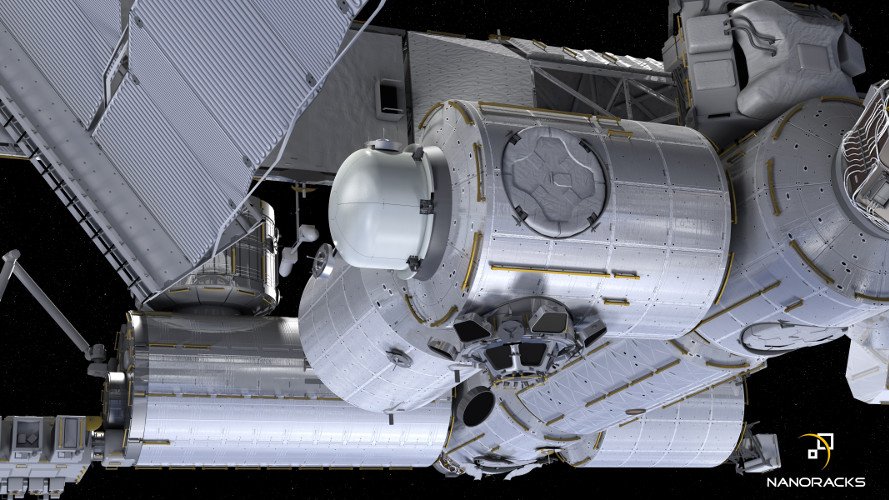Boeing and Texas-based NanoRacks LLC have joined forces to develop the first privately funded commercial space airlock device for outer space.
The companies hope their new module will enable the United States to potentially triple the number of small satellites deployed from the International Space Station (ISS) during a single airlock cycle.
The NanoRacks Airlock module, which the companies are hoping will be attached to the U.S. segment of the space station in 2019, will increase the station's capability of transferring equipment, payloads and deployable satellites from inside the space station to the outside.
Boeing (NYSE: BA), the space station's prime contractor, said in a news release its staff will build and install hardware to connect the pressurized modules of the ISS, formally called "the Passive Common Berthing Mechanism."
The new commercial airlock will be larger and more robust to better handle the increasing requirements of the private space and satellite industry, Boeing said.
Neither company said how much the project is worth.
Currently, the United States uses the airlock on the ISS Japanese experiment module for its space station payloads. Astronauts use a separate airlock facility.
“The installation of NanoRacks’ commercial airlock will help us keep up with demand,” said Boeing International Space Station program manager Mark Mulqueen in a statement. “This is a big step in facilitating commercial business on the ISS.”
Jeffrey Manber, CEO of NanoRacks, said the deal marks the start of a new chapter in the space station program where the private sector is taking on more responsibilities.
"We see this as only the beginning and are delighted to team with our friends at Boeing,” Manber said.
NanoRacks said in a news release one of its in-house teams will oversee the project management, mechanical and avionics design engineering, safety, operations, quality assurance, mock-ups and crew training, and the final assembly, integration and testing of the airlock.
Earlier this month, NASA Johnson Space Center gave NanoRacks, which is a partner of Kent-based space transportation company Blue Origin, its small business prime contractor of the year award for 2016.





